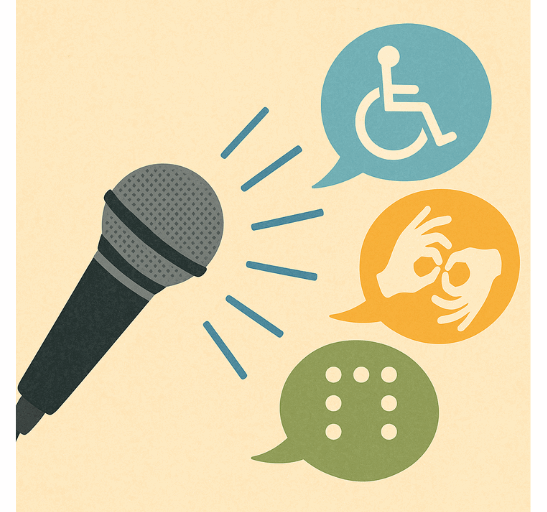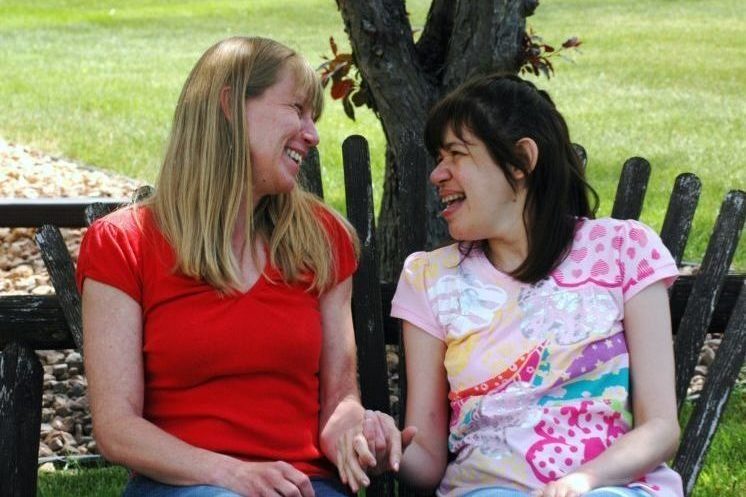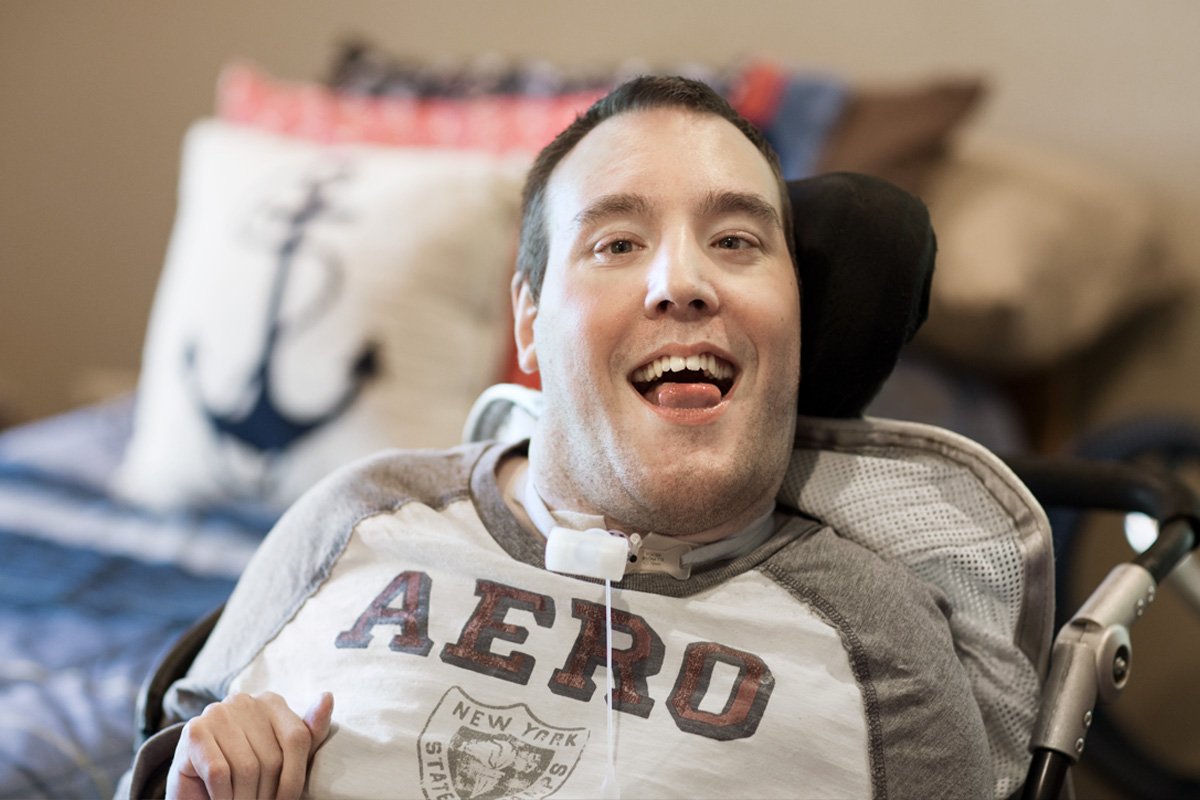The Importance of Your Voice in Support of the Disabilities Community
September 17, 2025

Introduction
Our voices are among the most powerful tools we have. They allow us to share stories, demand change, and uplift others. When it comes to supporting the disabilities community, your voice carries the potential to break barriers, challenge stereotypes, and build a more inclusive society. Advocacy is not always about standing on a stage—it can be as simple as speaking up in daily conversations, amplifying unheard stories, and creating spaces where everyone belongs.
Why Your Voice Matters
People with disabilities often face systemic barriers—whether in education, employment, healthcare, or accessibility. These barriers are not always visible, and too often they are overlooked. When you choose to speak up, you help draw attention to inequities that might otherwise remain hidden.
Your voice can:
-
Raise Awareness: Sharing accurate information helps challenge harmful myths and misconceptions.
-
Build Empathy: Personal stories or solidarity statements help others understand the lived experiences of people with disabilities.
-
Influence Change: Whether in policy discussions, workplaces, or schools, your advocacy can inspire concrete action.
Ways to Use Your Voice
Supporting the disabilities community does not require grand gestures. Here are some meaningful ways you can contribute:
-
Educate Yourself and Others: Learn about disability rights, accessibility standards, and inclusive practices, then share what you’ve learned.
-
Challenge Discrimination: Speak up when you see exclusionary practices, offensive language, or ableist attitudes.
-
Promote Accessibility: Advocate for closed captions, ramps, assistive technology, and flexible environments.
-
Amplify Voices from the Community: Share stories, writings, and leadership from people with disabilities, ensuring they are heard and respected.
The Ripple Effect of Advocacy
When one person speaks up, it encourages others to do the same. A single voice can grow into a collective movement—leading to policy reforms, cultural shifts, and communities built on respect and equity. Your voice can inspire others to reflect on their own actions, workplaces to prioritize accessibility, and institutions to listen to the communities they serve.
Conclusion
Supporting the disabilities community begins with awareness but becomes powerful through action. Your voice is not just a tool—it is a catalyst for change. By speaking out, advocating for accessibility, and promoting inclusion, you help ensure that the world is one where every individual—regardless of ability—can thrive.
The question is not whether your voice matters. The question is: how will you use it today?


